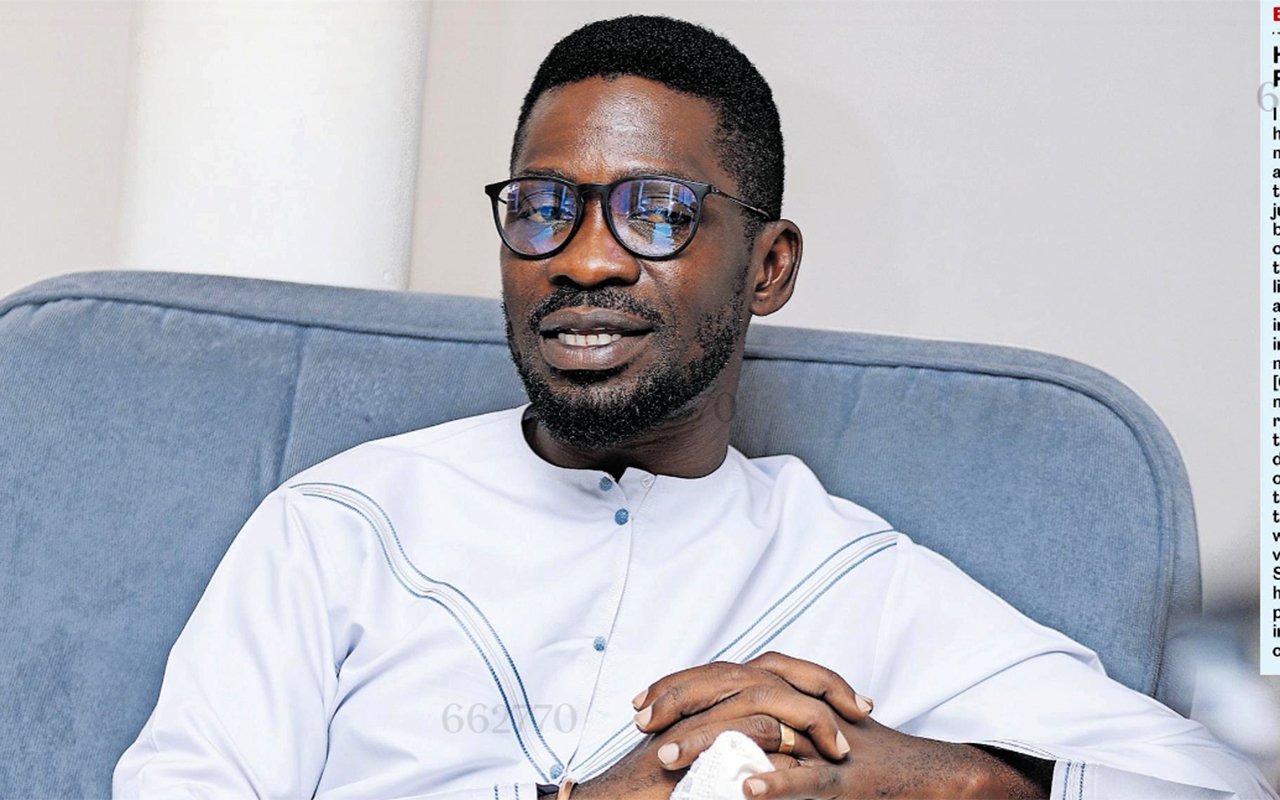Prime
Let us think trains, road use campaigns

Potholes on Eighth Street which were refilled have again emerged and need refilling again.
What you need to know:
- Indiscipline is perhaps the single biggest contributor to the traffic gridlocks that we experience on most of Kampala’s roads. Government should, among other measures, come up with an awareness campaign on road use.
The government has borrowed Shs1 trillion from the African Development Bank (AfDB) to fix roads in Kampala City.
Under the terms of the agreement, drainage channels are to be enhanced, 22 road junctions are to be upgraded and 67 kilometres of roads improved.
The works will also entail putting in place facilities for 134 kilometres of non-motorised traffic, provision of street lights and establishment of a scheduled eco-bus service complete with bus depots and dedicated lanes.
The development is sweet music to the ears because it gives motorists hope that it will either ease or end the sickening traffic jams on most of Kampala’s roads, but government, it would appear, is yet to discover the power of the train.
We have argued before that development of a railway network for Kampala would have killed reliance on cars for public transport.
Uganda Railways Corporation (URC) provides an intermittent passenger train service that plies the Kampala-Kireka-Namanve route in the mornings and evenings from Monday to Friday.
One just has to look at the numbers that disembark from that train to know how big a service it renders.
That would also give an indicator of how big a help it would be had passenger train services plying between Kampala and other towns within the Greater Kampala Metropolitan Area been increased. Our planners should be thinking in that direction.
Government should in the meantime come up with an awareness campaign on road use.
We agree that the roads are narrow and often affected by floods, problems that are bound to be cured by this latest development, but that will not solve the problem of indiscipline which is perhaps the single biggest contributor to the traffic gridlocks that we experience on most of Kampala’s roads.
It is commonplace for some motorists to create another lane where none should be, or hold-up traffic by either attempting a U-turn which is illegal, or block oncoming traffic by trying to force their way onto a lane on another end of the road.
Such actions raise questions about where most of the motorists acquired their driving skills and the kind of people that instructed them.
It calls for an assessment of the instructors and a re-evaluation of the mode of instructions in the driving schools, but a road use campaign is a must as we wait for the re-evaluation and assessment around our driving schools.
Such a campaign would either teach our motorists or jog their memories on the “dos” and “don’ts” on our roads.




